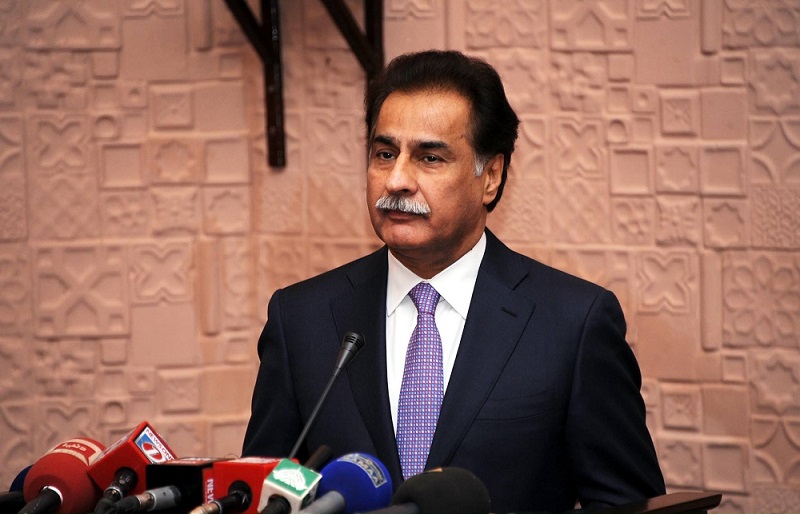In a letter to the Election Commission of Pakistan (ECP), National Assembly Speaker Ayaz Sadiq stated that independent candidates cannot switch parties under the new law. Following the Supreme Court’s clarification on reserved seats, Sadiq emphasized that the court’s July 12 ruling is now “incapable of implementation” due to amendments made to the Election Act 2017.
On July 12, a 13-member full bench of the Supreme Court ruled in favor of Pakistan Tehreek-e-Insaf (PTI), allowing the party to receive reserved seats for women and non-Muslims in the national and provincial assemblies. Justice Mansoor Ali Shah announced the 8-5 majority decision, overturning a prior ruling by the Peshawar High Court that upheld the ECP’s denial of reserved seats to the Sunni Ittehad Council (SIC).
PTI candidates contested the February 8 general elections as independents after the Supreme Court supported the ECP’s decision to revoke their electoral symbol—the bat—due to “unlawful” intra-party elections. Consequently, these candidates aligned with the SIC to claim reserved seats, but the ECP denied their request due to a late submission of candidates.
In his letter, Sadiq referenced the Supreme Court’s directive allowing independent candidates to join a political party, but noted that this was superseded by the Elections (Second Amendment) Act, 2024, which received President Asif Zardari’s assent on August 7 and was published on August 9. He highlighted two key amendments:
- Section 66 now states that candidates who fail to declare their political affiliation before seeking an election symbol are considered independents.
- Section 104-A establishes that once an independent candidate joins a political party, their declaration is irrevocable.
Sadiq pointed out that the amendments have retrospective effect from the 2017 Election Act’s passage. He concluded that independent candidates who have already joined a party cannot switch under the amended law, which takes precedence over the previous ruling. He asserted that no allocation of reserved seats can occur without full adherence to the Amended Election Act, rendering the Supreme Court’s judgment based on prior law ineffective.


